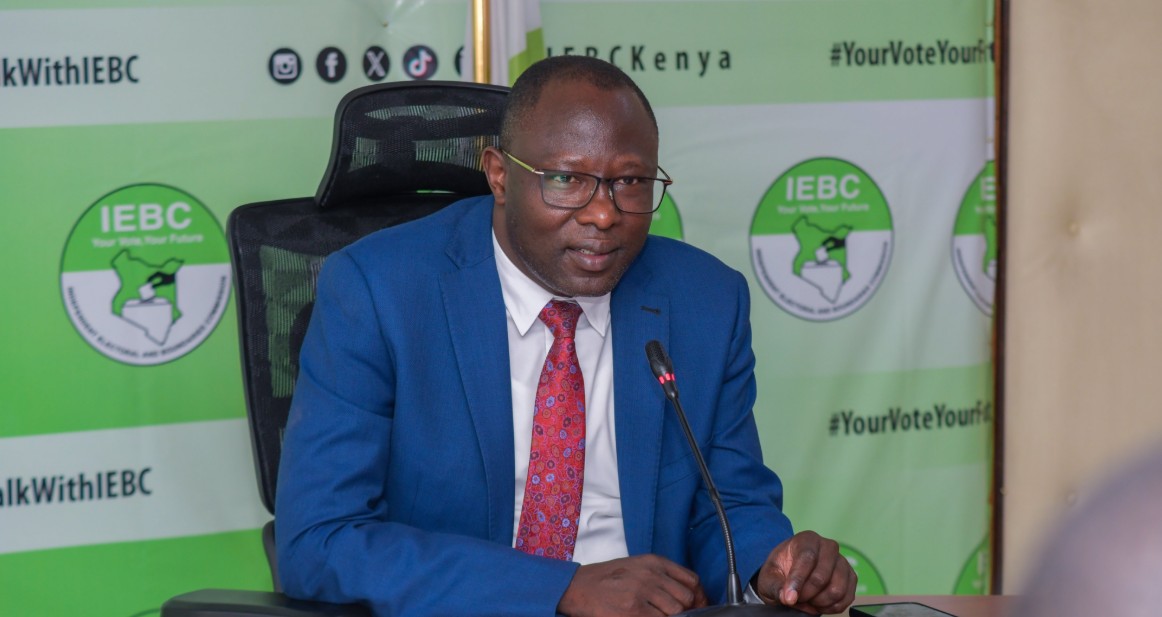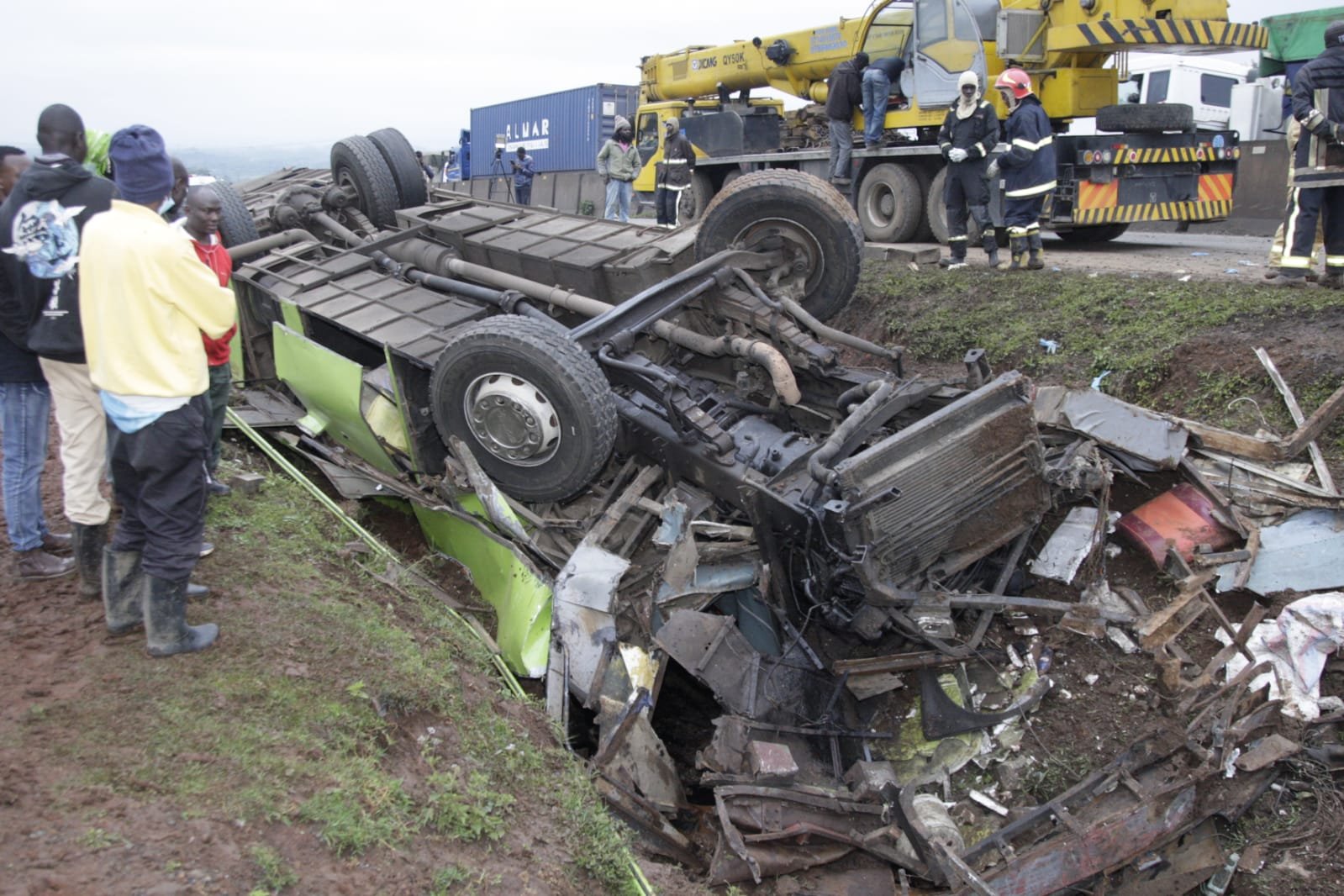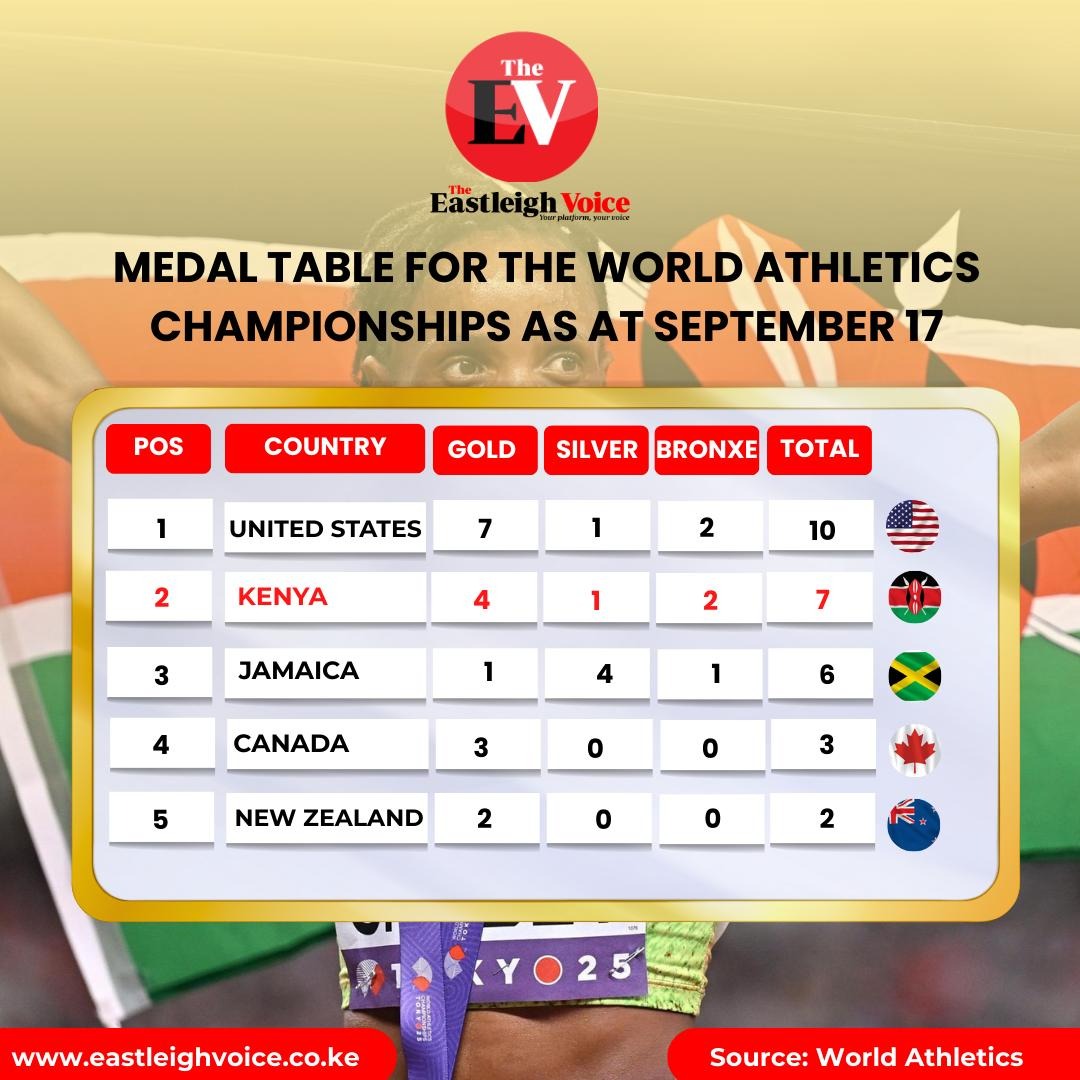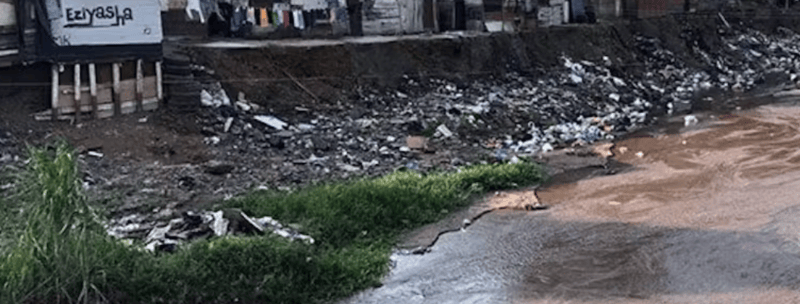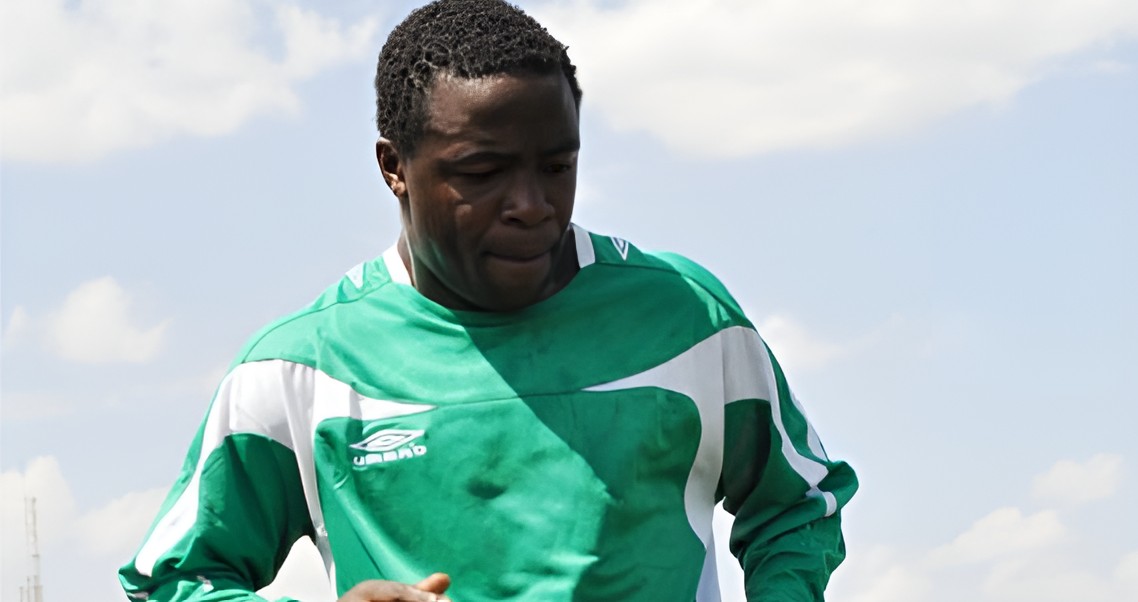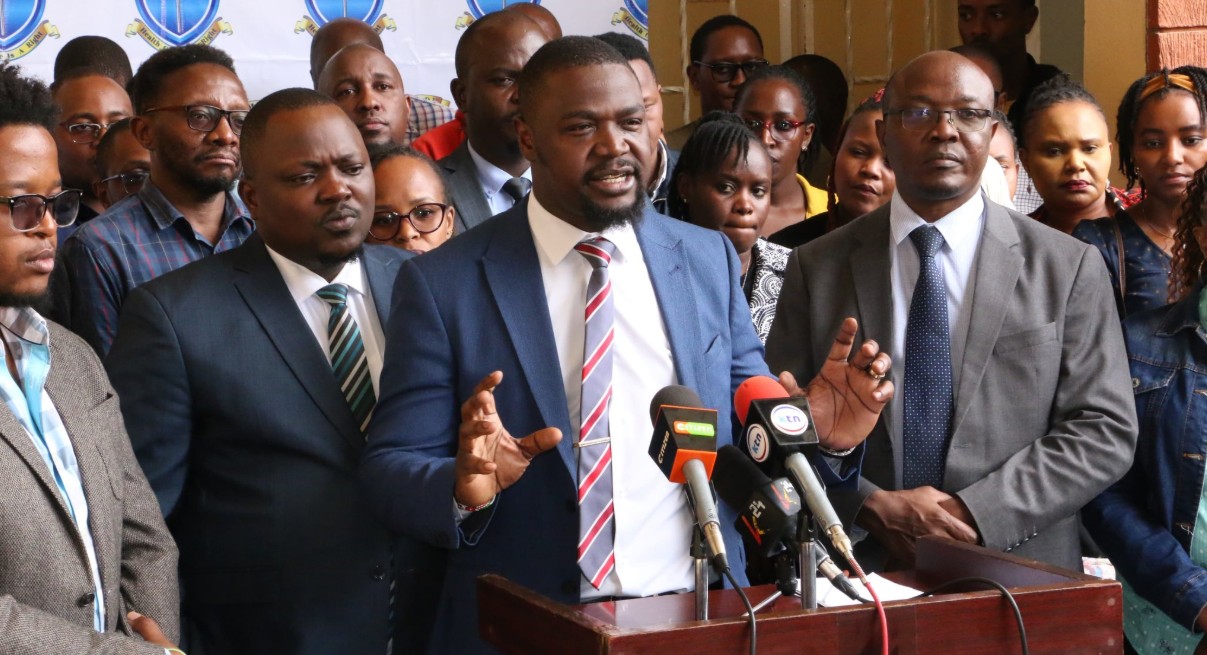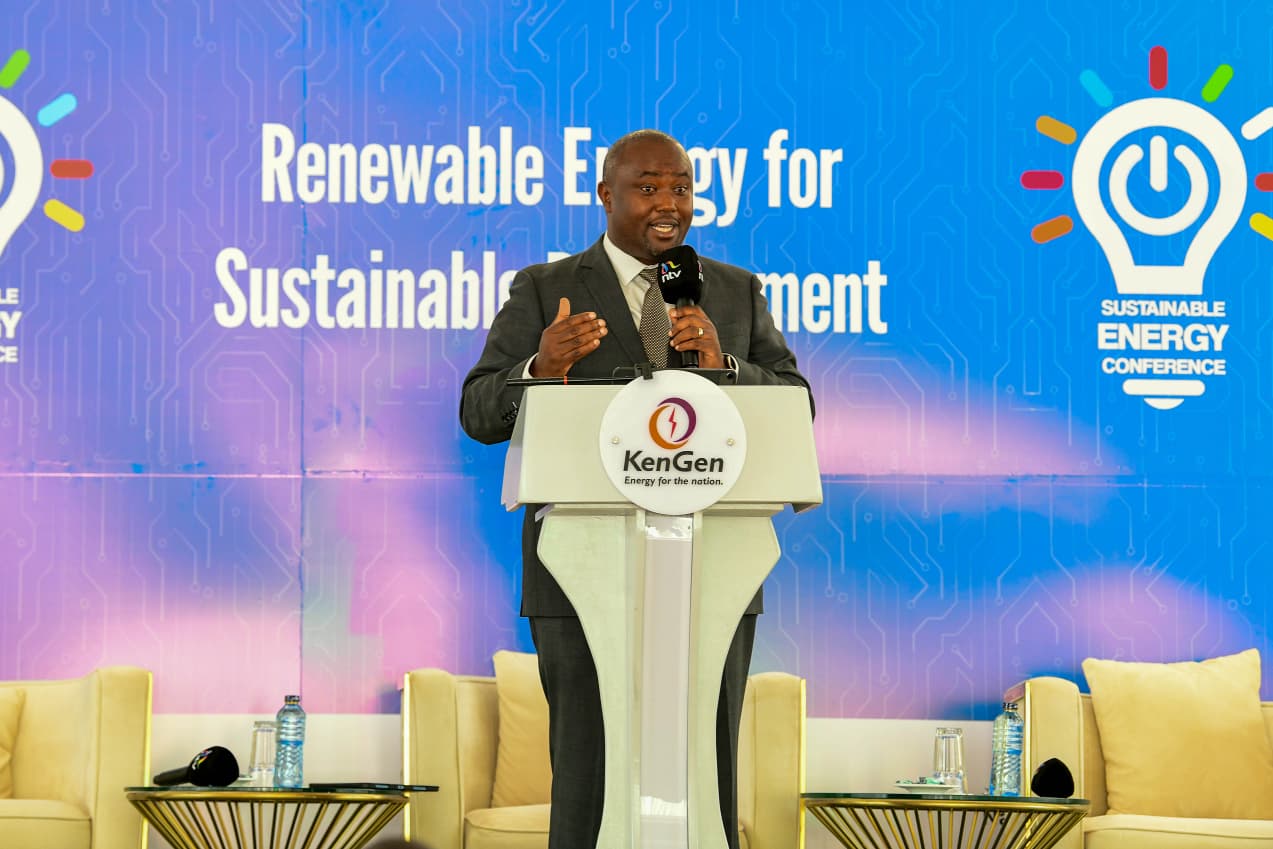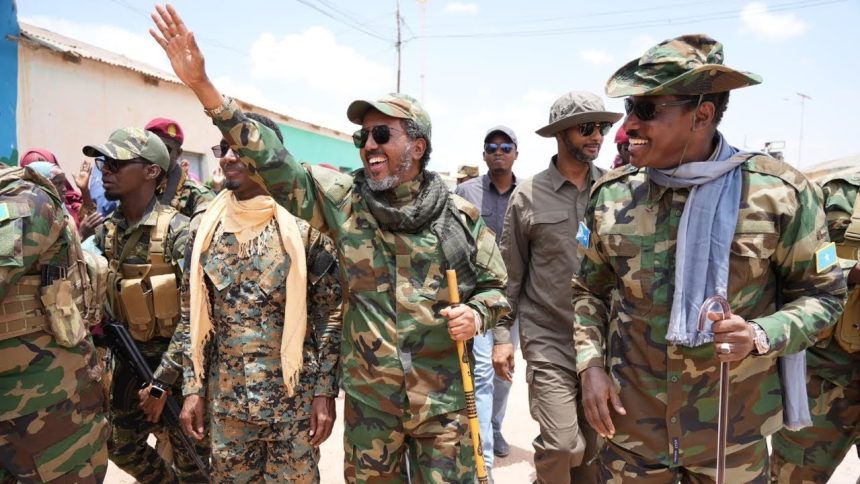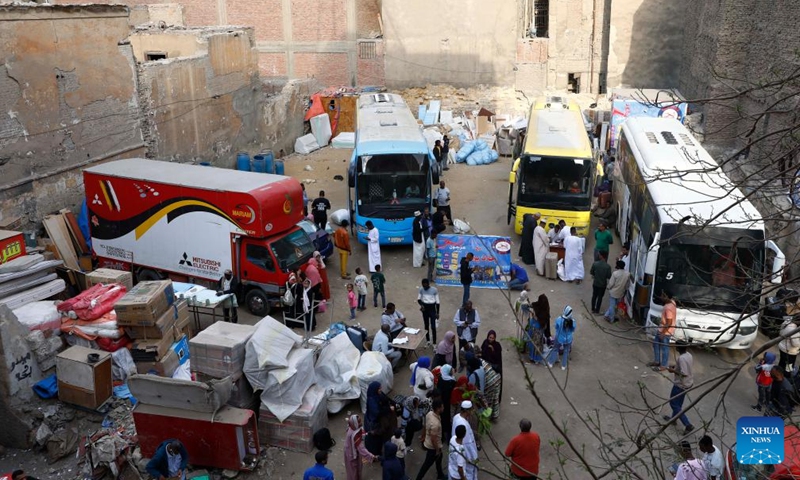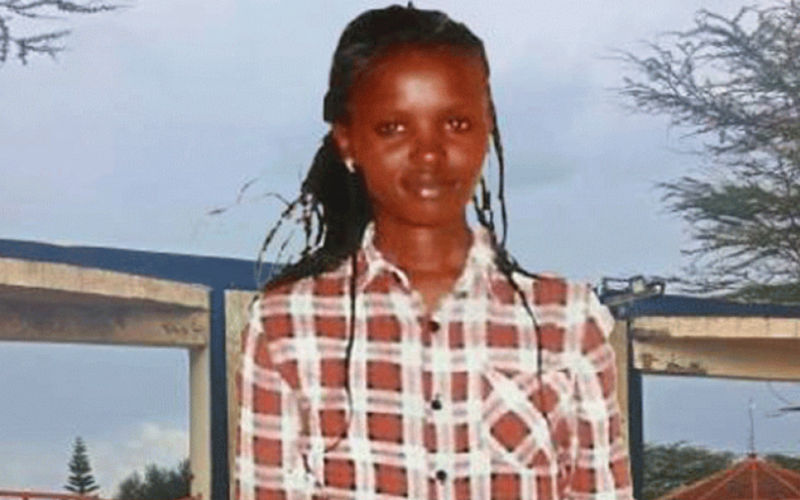Kenya marks 20th World Blood Donor Day in Marsabit County
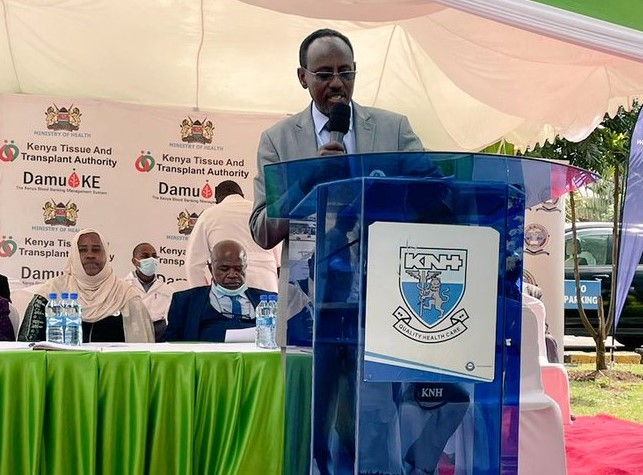
This year holds special significance as it marks the twentieth anniversary since the day was first established in 2004 by the World Health Organization (WHO) and its partners.
June 14 is observed globally as World Blood Donor Day, a day dedicated to honouring and expressing gratitude to individuals who voluntarily donate blood to save lives.
This year holds special significance as it marks the twentieth anniversary since the day was first established in 2004 by the World Health Organization (WHO) and its partners. In Kenya, the main celebrations will take place in Marsabit County, focusing on initiatives to promote blood donation and recognize the invaluable contributions of donors.
More To Read
- Nairobi residents urged to donate more blood amid 30 per cent shortfall
- Rewriting blood donation story: How Mombasa nurse is saving lives through mobile app
- Kenya marks World Blood Donor Day as state, Red Cross urge donations to save lives
- Wajir residents urged to donate blood as shortage hits county referral hospital
- Bill proposes harsh penalties to curb illegal blood trade in Kenya
- Blood Donor Day: How Mama Lucy Hospital ramped up donation, curbed theft
To delve deeper into the importance of blood donation, The Eastleigh Voice interviewed Hilary Barmasai, representing the Kenya Tissue and Transplant Authority (KTTA), on behalf of Deputy CEO Umuro Mamo.
1. What is the significance of World Blood Donor Day?
The theme for this year's World Blood Donor Day 2024 is '20 Years of Celebrating Giving: Thank You, Blood Donors!' It is observed annually on June 14 globally.
Its main objective is to raise awareness of the safety of blood donations and to appreciate voluntary blood donors.
The World Blood Donor Day celebrations this year are in Marsabit County.
2. How important is it for Kenyans to participate in blood donation?
We have many patients who need blood. We have road crash victims, ongoing surgeries in hospitals, medical conditions like cancer, blood disorders ( diseases like Haemophilia), other illnesses, and mothers who are transfused during delivery.
Normally after donation, donors are given a blood donor card which shows them their blood group and this is important because whenever there is an appeal for blood, at least they know their blood so that they can assist urgently.
Availability of blood during donation may imply a reduced period of stay in the hospital and cost of hospitalisation. That is why it is important to have people donate blood so that they can reduce those periods.
3. Why do you believe people are reluctant to donate blood?
We have some myths and misconceptions where people think when you donate blood you transfer some bad behaviours.
Some people even think when one donates blood one 'dries up' and is likely to die while others think you can also get infected from donated blood.
We have a stigma whereby people think that once they donate blood, their status will be known.
There is also the religious aspect whereby some groups do not believe in blood donation.
There is a lack of information on blood donation.
4. Can you provide an overview of the Kenya Tissue and Transplant Authority (KTTA) and its primary functions?
The Kenya Blood Transfusion and Transplant Service (KBTTS) was established in the year 2000 by the Ministry of Health. Its mandate is to collect, test, process and distribute blood and blood products to all transfusing hospitals in Kenya. In gazette notice number 129, Kenya Blood Transfusion and Transplant Service transitioned to Kenya Tissue and Transplant Authority (KTTA).
The authority is organised in a hub and spoke model where we have the main office in Nairobi.
The six Regional Blood Transfusion Centres (RBTS) form the hub-like structure while the 43 satellite blood transfusion centres form the spoke.
The regional centres are in Nairobi, Mombasa, Kisumu, Embu, Nakuru and Eldoret while the satellite is distributed across the 47 counties.
Regional blood transfusion facilities handle blood collection, component preparation, testing, sorting, and delivery.
The satellites collect blood and prepare blood components, sort blood and distribute it to the facilities.
The regional centres are the only ones mandated to screen blood for the satellites.
The regional centre in Nairobi is based at Kenyatta National Hospital.
We have a storage capacity of at least 80,000 blood units countrywide.
5. What are the main challenges KTTA faces in ensuring a stable blood supply in Kenya?
There is an ever-increasing demand for blood and this could be a result of an increasing number of road crashes, emerging diseases like Coronavirus, and diseases like cancer which need a lot of blood. So increasing demand is the main challenge because we cannot meet the supply.
Another challenge is foreseen calamities that also pose a challenge to us because we are caught unaware.
We still have people who are still not aware of the importance of blood
6. How does KTTA ensure the safety and quality of blood and blood components?
We screen (test) donors at donation sites by filling out questionnaires, which allows us to determine eligibility criteria for people who are already ill, ensuring that the blood is of good quality.
We test these blood for transfusion, and transmissible infections using advanced and current technology to ensure that blood is safe.
We also conduct notification of donors, once you donate blood we request you be given your results so that when there is a problem, you are advised not to donate blood accordingly.
We have blood component therapy where we give specific components to our recipient. We prepare quality blood components for transfusion and we have good machines.
7. There have been concerns raised that blood is smuggled out of KTTA banks by medical professionals. What is the situation?
We received such allegations, but there was no formal report based on the suspicions that existed.
We are enhancing our accountability and transparency by employing a blood banking management information system to track our blood. This enables us to track blood from when it is donated to when it is transfused to a patient so that such allegations of blood theft will be eliminated.
8. What strategic initiatives are currently being implemented to improve blood donation?
We have a calendar with blood donation activities in the country. We have World Donor Day every June 14. We also hold blood donation events throughout the year, such as Bodaboda Week, Valentine Week, Youth Forums, blood donation in educational institutions, religious meetings such as crusades, and cooperative arrangements.
9. How does KTTA manage the logistics of blood collection, storage, and distribution across the country?
We have linkages from the National offices to regional satellites, therefore in case of any blood need, we collaborate with the National and county governments in terms of creating awareness, blood donation activities and capacity buildings. Communication is key.
Also, with the digitisation of the system through the blood banking management information system we can monitor the blood from storage to distribution.
10. There have been reports of blood scarcity. Is there anything else being done to solve the shortages besides organising public donation drives?
We have been using the media and national events to create awareness and hold celebrations like commemorating World Blood Donor Day.
Top Stories Today
